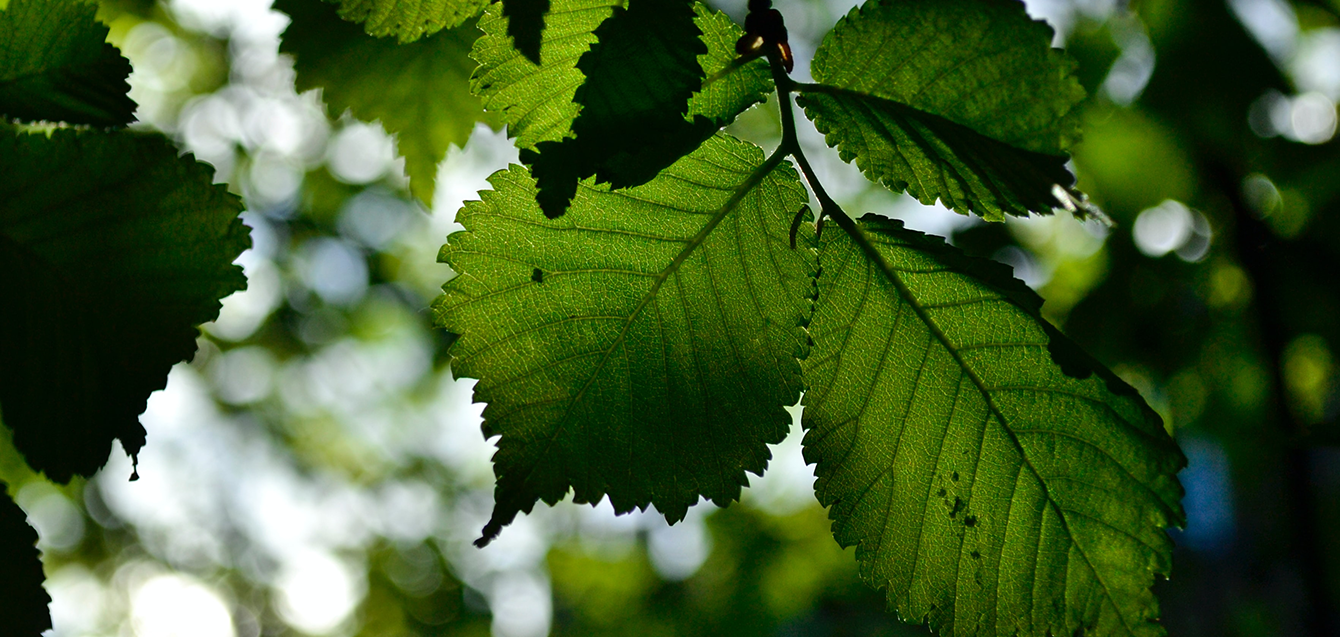
NCEL Blog
NCEL Recognizes Native American Heritage Month
November 2021
November is Native American Heritage Month. This month is a time to recognize, uplift, and celebrate the significant contributions of the first Americans towards the establishment and growth of the United States. NCEL would also like to specifically recognize the contributions of Native Americans to the conservation and protection of land, water, air, flora, and fauna, as well as honor the continued growth of Native environmental leadership.
Despite being America’s first inhabitants and stewards, many tribes are still fighting decade- to century-long legal battles to preserve the natural resources of which they are the rightful ancestral owners. Native Americans continue to fight against anti-Indigeneity, a racist mindset that opposes the rightful political and cultural autonomy that Native people have in this country. NCEL recognizes and condemns this active erasure.
There are currently 574 federally recognized tribes, and 63 state recognized tribes in 11 states. State legislators can support and uplift the work of Native Americans fighting for environmental justice by familiarizing themselves with tribal governance structures, becoming educated on what meaningful consultation looks like, and dedicating time to learn about Tribal/State relations in their state.
Lastly, legislators can also consider coordinating with their federal representatives to support the return of land back to Native ancestral owners.
NCEL is dedicated to internal learning and external capacity building to help state legislators and tribal leaders develop and advance equitable and inclusive environmental policies.
For continued learning:
- Native American Rights Fund – non-profit organization that focuses on applying existing laws and treaties to guarantee that national and state governments live up to their legal obligations
- Native American Fish and Wildlife Society – national Native American non-profit organization that serves as an informative communication network between tribal, federal, and state fish and wildlife management entities.
- Johns Hopkins Center for American Indian Health – supports and implements public health interventions designed for and by Native peoples, with the mission to promote health equity for Native Americans
- Indigenous Climate Network – Indigenous-led organization guided by a diverse group of Indigenous knowledge keepers, water protectors and land defenders from communities and regions across the country.
- Native-Land.ca – Learn about the original owners and current stewards of land in your state.